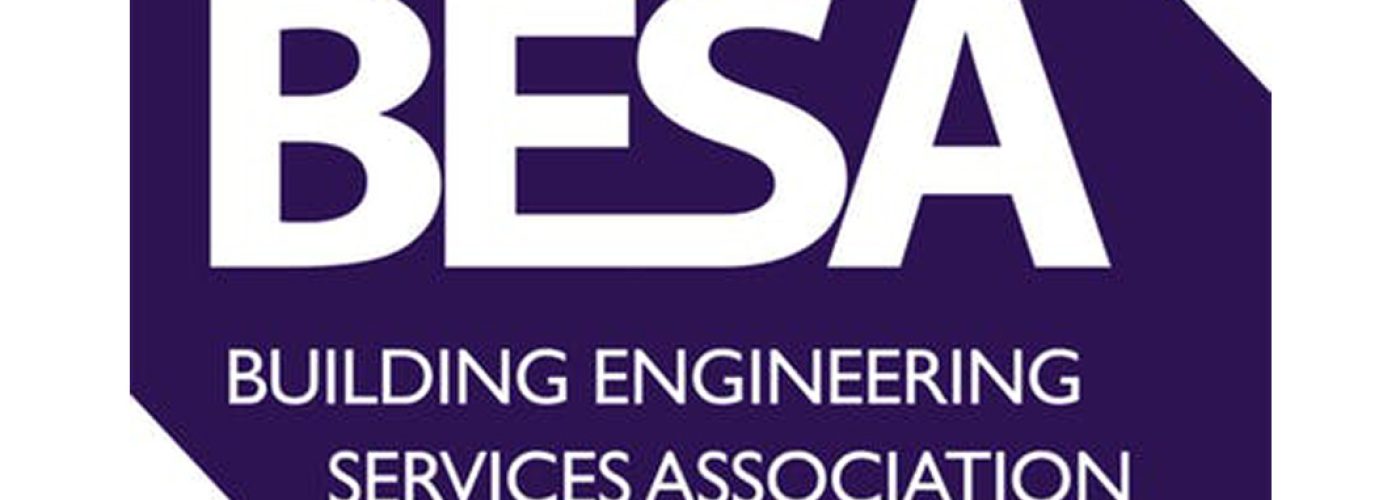The Building Engineering Services Association (BESA) has become the first trade body to adopt a new industry agreed prequalification standard that promises to cut expensive and time consuming ‘red tape’ for contractors.
The new Common Assessment Standard, developed by Build UK and endorsed by the Construction Leadership Council, means suppliers will only need to be certified once a year by a single recognised assessment body before tendering for work with contractors and clients who specify it.
This is a significant improvement on the current system where different clients insist on their own prequalification questionnaires being completed meaning contractors are forced to duplicate time and effort. Build UK estimates this wasteful process costs the construction industry as much as £1bn every year.
BESA chief executive David Frise said the new approach would transform the prequalification process and make it work better for both suppliers and clients.
“By streamlining the process and linking it to a pan-industry agreed standard, it will be quicker and simpler for good quality firms to demonstrate their business credentials and clients will get the reassurance they need,” he said.
Build UK deputy chief executive Jo Fautley said the new system was “a huge step towards more efficient working, which is more important than ever in the current challenging economic climate”.
Collaborative
“Developing the Common Assessment Standard has been a collaborative effort, involving companies across the whole sector. There are already 10 major contractors and clients specifying it and we are delighted that BESA has become our first Trade Association member to adopt it as a part of its membership process,” she added.
The standard has been made possible thanks to a data-sharing agreement with the three recognised assessment bodies: Achilles, CHAS and Constructionline.
The building engineering alliance Actuate UK has also put its weight behind the new standard, which it said was an example of how cross-industry collaboration could deliver efficiency improvements for the whole construction supply chain. Build UK is also working with the government on having it adopted for public sector projects.
“The introduction of data sharing means the long-awaited industry-wide solution to prequalification waste is now in sight,” said BESA’s director of certification Rachel Davidson. “Having an industry approved, single standard will also make it more appealing to main contractors and end clients. We encourage all public sector and commercial clients to embrace this ground-breaking development.”
BESA has also recognised the new standard as a way of deeming to satisfy the business management section of its own Competence Assessment Standard (CAS), which companies must achieve to join the Association or remain in membership. Any company that deems to satisfy business assurance by reaching the new standard will save a significant amount of time and duplication of effort because they will also be meeting BESA’s requirements.
However, the Association stressed that it would continue to assess the technical competence of its members.
“It is important that individual trade bodies continue to take responsibility for the specialist technical aspects of assessing competence,” said Frise. “Our organisations are best placed to oversee whether companies are keeping up with advances in technology and working practices while also investing in training to ensure their workforces are properly equipped to carry out high quality work.
“Being able to streamline the business assurance element of pre-qualification will have the added benefit of giving them more time and resource to focus on these technical aspects. This should lead to even more improvements, including better productivity, for clients.”www.theBESA.com





